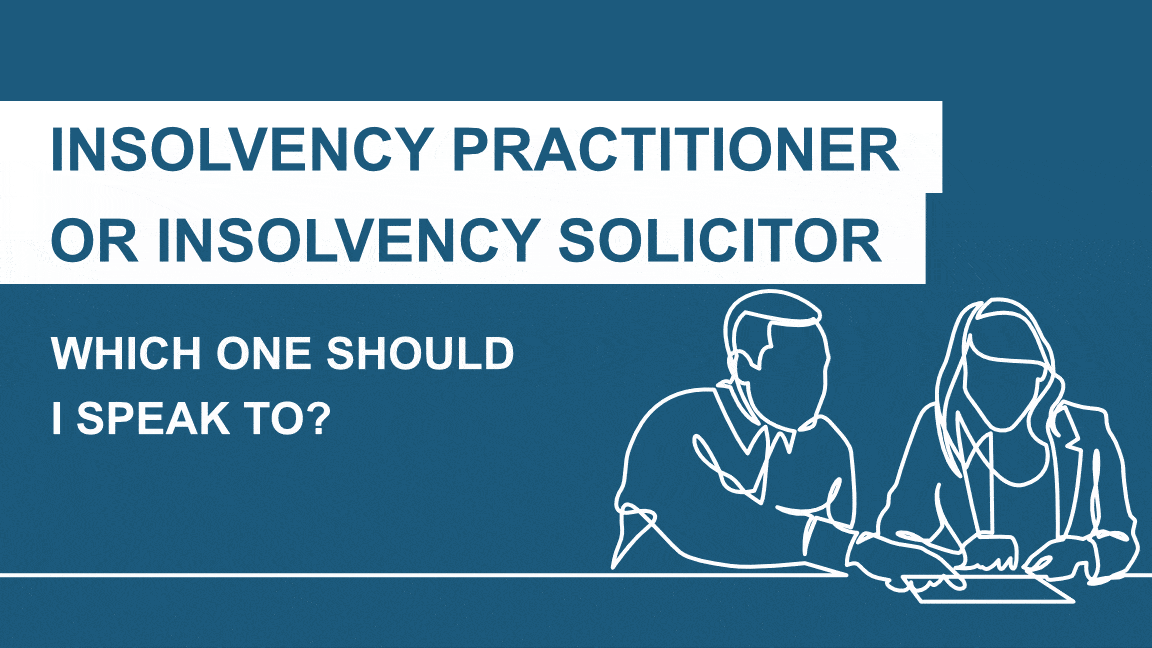Indicators on Insolvency Practitioner You Need To Know
Table of Contents3 Easy Facts About Insolvency Practitioner ShownThe Best Strategy To Use For Insolvency PractitionerFacts About Insolvency Practitioner RevealedSome Known Questions About Insolvency Practitioner.Getting The Insolvency Practitioner To Work
Whether or not you need to make use of a bankruptcy expert (IP) to liquidate your firm depends upon numerous variables. While engaging a bankruptcy practitioner for all kinds of liquidation is not a lawful need, doing so can often simplify the process and make certain conformity with legal needs. Liquidating a business is an essential decision that features substantial effects.
It is a treatment utilized when a business does not have any kind of lenders, or every one of their lenders can be settled completely with statutory interest. Understanding the various sorts of insolvency processes can assist you determine the most effective course of activity for your business's liquidation or various other formal insolvency treatments itself.
This is obligatory in order to follow legal demands - Insolvency Practitioner. This is because IPs have the necessary qualifications and experience to guarantee that the liquidation process is conducted in conformity with all appropriate laws and policies. By involving a qualified insolvency expert, you can have peace of mind knowing that your company's liquidation process will certainly be handled skillfully and in conformity with the pertinent lawful demands
The Basic Principles Of Insolvency Practitioner
The bankruptcy professional is designated as a liquidator and is accountable for taking care of the company and liquidator's financial debts exceptional obligations and possessions. This procedure entails offering off the company's assets and dispersing the earnings to creditors. Upon completion of the process, the business is eliminated from the register at Business Residence.
Failing to do so can result in personal liability for the firm or supervisor for the creditor's financial obligations. Voluntary liquidation, that includes Creditors' Voluntary Liquidation (CVL) and Members' Voluntary Liquidation (MVL), is initiated by the company's supervisors and shareholders when they can no more pay their financial debts. In a CVL, the bankruptcy professional is marked as the liquidator, responsible for handling firm financial debts and all business possessions.

See This Report on Insolvency Practitioner
By evaluating the competence and experience of prospective insolvency i was reading this practitioners, you can make certain that you pick a professional who possesses the needed certifications to handle your firm's liquidation process effectively. While bankruptcy practitioner-led liquidation is frequently one of the most proper strategy for companies dealing with insolvency, there are different methods to think about, such as striking off and partial liquidation.
It's vital to examine all offered alternatives prior to choosing the next best service or strategy for your company. Striking off firms' registers is an extra simple and affordable means to close dormant or little firms with no financial debts or properties. To strike off a business, its name is removed from the Business House register by sending kind DS01.
Before going with striking off, it's critical to weigh the benefits and disadvantages of this strategy and take into consideration whether it's the right selection for your company. Partial liquidation is an additional choice to bankruptcy practitioner-led liquidation, where a firm sells off certain possessions and obligations while remaining to run with the continuing to be assets and liabilities.
An Insolvency Expert will certainly have the ability to suggest you of the most effective strategy to take Resources and guarantee that every little thing runs efficiently. Sadly, it is not feasible to sell off a business without a liquidator. Assigning an authorised bankruptcy specialist is essential for the process of voluntary liquidation to begin.
Insolvency Practitioner Fundamentals Explained
It is possible to close and liquidate your firm without using a liquidator, supplied your company is solvent and you meet the eligibility requirements to dissolve or liquidate it. Nevertheless, if your business is financially troubled, you might be required to use a liquidator and start official bankruptcy treatments. Right here are a few other interesting articles concerning company liquidation in the UK:.
Being in a position where you're not able to pay your business's financial institutions is extremely stressful. In an effort to stay clear of boosting the degree of debt, many firms try to negotiate straight with their financial institutions and consent to an informal plan. If the financial obligation is rather little and owed to one lender, and the lender YOURURL.com is being cooperative, entering right into an informal debt arrangement is possibly the very best service, rather than browsing the internet for 'an insolvency professional near me'.
On the other hand, if there are numerous creditors and the level of financial obligation is big, financial institutions might not be so ready or cooperative. To avoid liquidation or insolvency, it is far better to employ an insolvency specialist to prepare official proposals and negotiate with financial institutions in your place.
Rumored Buzz on Insolvency Practitioner
Whilst it is a method to manage debt, there are significant threats entailed with this sort of debt arrangement - Insolvency Practitioner. If a financial institution agrees to get in into a casual arrangement (IA) where the debtor has agreed to make normal, if reduced, settlements to pay off the financial debt, it is essential to stay with the arrangement

The creditor is within their legal rights to back out of the arrangement and petition the courts for your company to be liquidated at any kind of time. A formal plan that has actually been proposed by a bankruptcy practitioner in your place, and concurred by a lender, supplies a much more secure alternative.